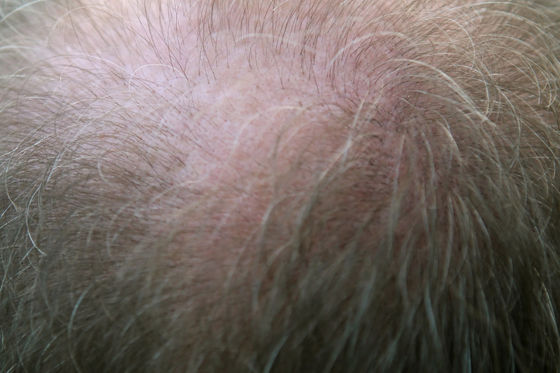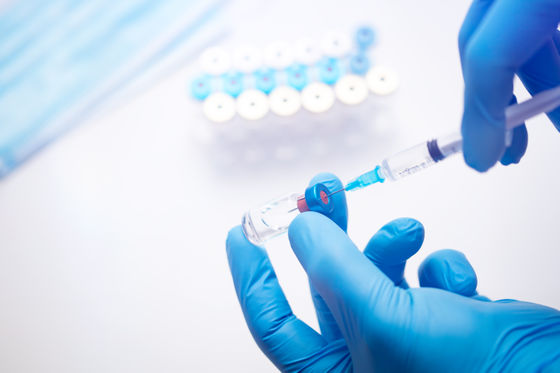Possibility of 'because baldness makes new coronavirus infection severe'

by
Previous studies have found that men have a higher risk of severe coronavirus infection (COVID-19) than women, but among those men, bald people have a particularly high risk of seriousness. The results have been announced.
A preliminary observation: Male pattern hair loss among hospitalized COVID‐19 patients in Spain – A potential clue to the role of androgens in COVID‐19 severity-Goren-2020-Journal of Cosmetic Dermatology-Wiley Online Library
https://onlinelibrary.wiley.com/doi/full/10.1111/jocd.13443
Androgenetic Alopecia Present in the Majority of Hospitalized COVID-19 Patients – the “Gabrin sign”-Journal of the American Academy of Dermatology
https://www.jaad.org/article/S0190-9622(20)30948-8/fulltext
Bald men at higher risk of severe case of Covid-19, research finds
https://www.telegraph.co.uk/global-health/science-and-disease/bald-men-higher-risk-severe-case-covid-19-research-finds/
Coronavirus and sex hormones — baldness may be a risk factor and anti-androgens a treatment
https://theconversation.com/coronavirus-and-sex-hormones-baldness-may-be-a-risk-factor-and-anti-androgens-a-treatment-140340
Whether COVID-19 becomes more severe is related to gender, age, chronic illness , smoking history, etc., and the mortality rate for men is calculated to be about twice that for women.
Regarding the risk of aggravation of COVID-19, several studies have been announced that 'thin hair is particularly relevant.' According to a paper published jointly by researchers from the United States and Spain, 79% of men with COVID-19 infection in three hospitals in Madrid, Spain had thin hair. In the age group of targeted patients, the proportion of men with thinning hair is usually about 31-53%, so the proportion of patients with severe COVID-19 suffering from thinning hair is twice as high as usual. It's about. Although women have the biological characteristic of being less prone to thinning hair, this study also confirmed that thinning hair and COVID-19 aggravation are also associated with women.

It is believed that thinning hair is associated with the risk of COVID-19 becoming more severe due to the
Following the results of a series of studies, the effectiveness of anti-androgens that block androgen receptor binding is being investigated. Antiandrogens are not newly developed drugs for the treatment of COVID-19, but have already been proven safe as drugs for treating prostate cancer, benign prostatic hyperplasia, and male pattern baldness. The advantage is that the experiment can proceed without going through it.
According to a study by the University of Padua in Italy on men with prostate cancer, men who received androgen blockade therapy , such as the administration of anti-androgen drugs, had a higher COVID than men who did not receive androgen blockade therapy. -19 found to be a quarter chance of being infected. It has been suggested that the possibility that 'if you administer an anti-androgen drug immediately after being exposed to the new coronavirus, the probability of becoming infected decreases.'

It should be noted that anti-androgens have side effects such as gynecomastia , in which the chest of a man bulges like a woman's breast, and decreased libido, so medical monitoring is essential for administration.
Related Posts:
in Science, Posted by darkhorse_log







